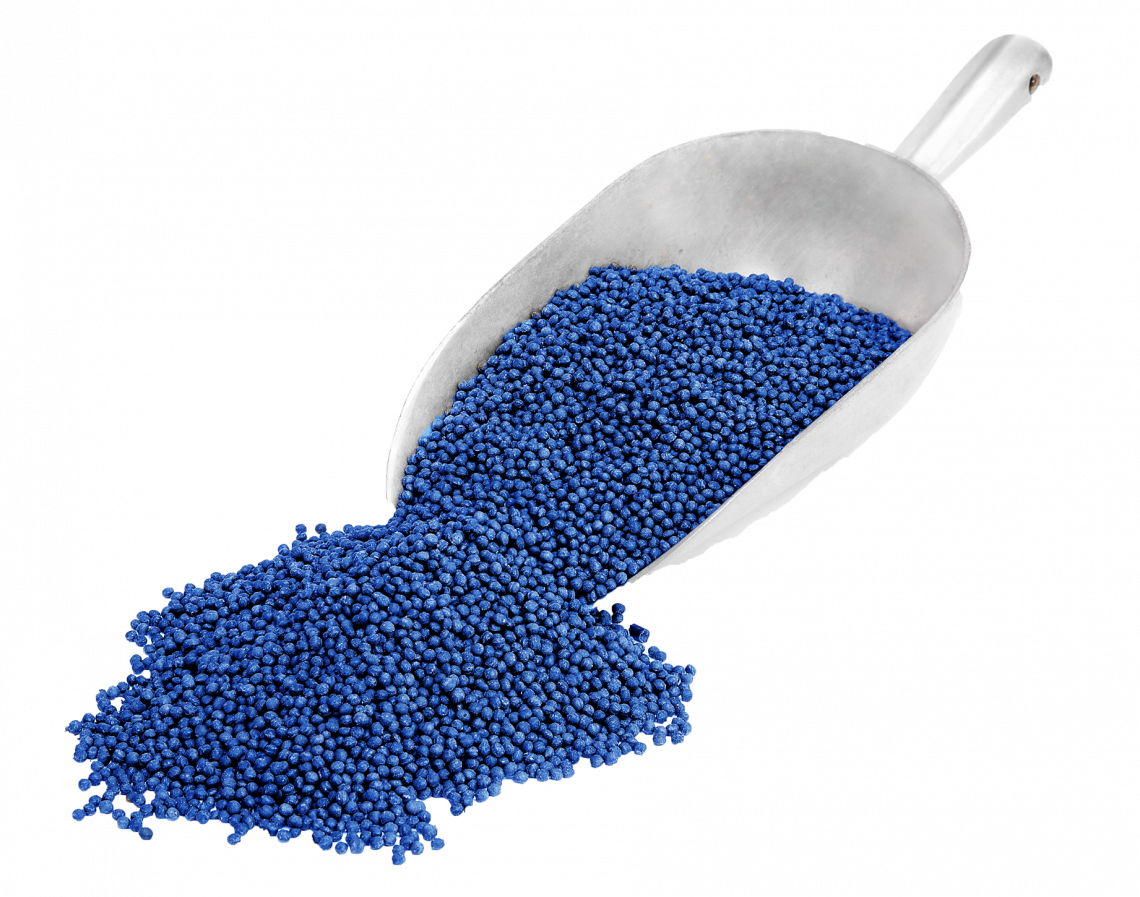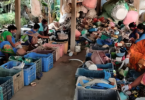UBQ Materials has developed a novel technology that turns trash normally headed for landfills -everything from rotting food to dirty diapers and plastic bags – into a sustainable bio-based composite material that can substitute for conventional plastic, wood and cement. Daimler and the Technical University Eindhoven in the Netherlands are separately testing its use in the body of cars and McDonald’s largest franchisee is already using it to make food trays. But that’s just the start. The company is in talks with several large construction companies about using UBQ’s material to make bricks, piping, flooring, roof tiles and panels. The startup’s patented thermoplastic material can be dropped into conventional plastic manufacturing systems to produce what it says is an infinite range of end products such as furniture, shopping carts, retail displays, clothes hangers and gardening supplies. This week it opened a plant in the Netherlands which, when ramped up to full capacity by 2022, is expected to process 65,000 tons of trash a year.
This article is part of The Innovator’s premium content offer and available only to The Innovator’s Radar subscribers.
If you are already a Radar subscriber click here to sign into your account.
For a free trial Radar Subscription click here.







